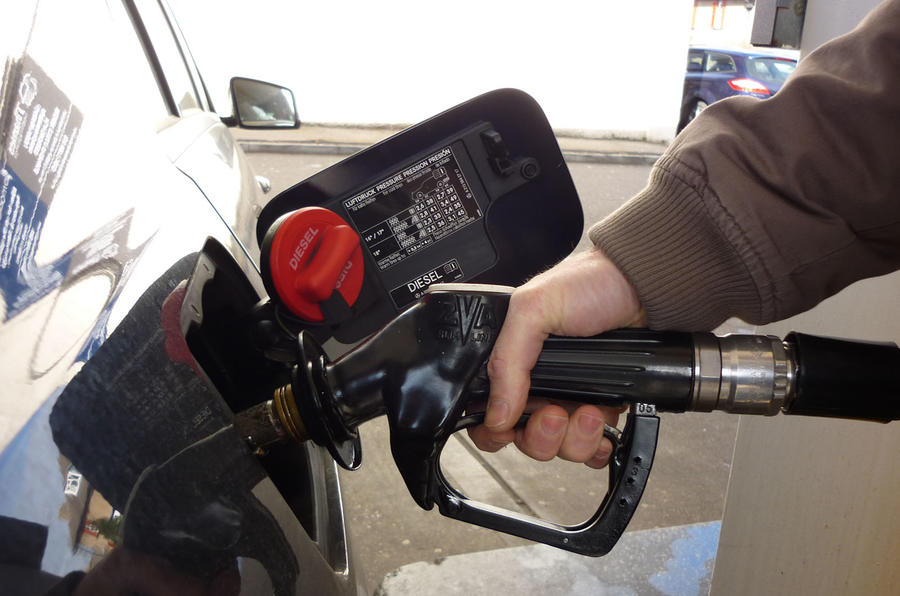The Society of Motor Manufacturers and Traders (SMMT) has today launched a nationwide campaign to challenge what it calls the “increasing demonisation of diesel” as a fuel for cars.
The organisation has joined forces with major car makers including BMW, Ford, Jaguar Land Rover and Volkswagen to “set the record straight on diesel cars” in light of “widespread confusion” over pollutants emitted by diesel engines.
Diesel was once championed by policy makers for being the most efficient fuel type, but there has been a dramatic about-turn in recent months, with nitrogen oxides and other particulates produced by older diesel engines being blamed for respiratory-related health problems.
SMMT chiefs are concerned that the negative stories about diesels could deter motorists from considering the most modern and cleanest diesel cars as their next purchase.
They are also calling for policy makers not to levy financial penalties against motorists who drive diesels; some local councils in London are charging diesel-owning residents more to park outside their homes than their petrol-driving neighbours, while other local authorities are imposing surcharges based on a vehicle’s Euro standard rating, and yet more are levying charges regardless of performance.
“Today’s diesel engines are the cleanest ever, and the culmination of billions of pounds of investment by manufacturers to improve air quality,” said SMMT chief executive Mike Hawes. “Bans and parking taxes on diesel vehicles therefore make no sense from an environmental point of view.
“We need to avoid penalising one vehicle technology over another and instead encourage the uptake of the latest low-emission vehicles by consumers. The allegations against diesel cars made in recent months threaten to misguide policy making and undermine public confidence.”
A poll by YouGov indicated a startling lack of knowledge over the efforts made by the motor industry to improve the cleanliness of diesel engines. Just under one in five of those surveyed correctly indentified that power stations, and not diesel cars, are the biggest contributor of nitrogen oxides.
Almost three quarters of motorists surveyed were against penalties for the UK’s cleanest diesel engines, while 87% of respondents were unaware of the latest Euro 6 regulation-compliant vehicle emission technology.
More information about the SMMT’s new ‘Diesel Facts’ campaign can be found at dieselfacts.co.uk or via a leaflet distributed at car dealers.
Get the latest car news, reviews and galleries from Autocar direct to your inbox every week. Enter your email address below:





Join the debate
Add your comment
better fuel obligatory?
Recently I filled up with ultimate diesel to see what happened. While I haven't noticed improved economy or performance, I have noticed zero smell or smoke. I'm presuming that the additives that clean have done their job.
Therefore, should this type of fuel with it's additives be mandatory?
There are a couple of
Second problem is motor manufacturers aren't about to roll over and start ditching diesel technology when there are medium to long term CO2 targets set arbitrarily by the EU to meet. It's already costing billions, electric/hybrid isn't yet sufficiently widespread to help bring CO2 averages down so diesel is going to be relied upon in the medium term to help achieve this. If governments suddenly start wanting to legislate against diesel expect some lobbying.
From a personal point of view my experience of modern downsized petrol engines is great...up until you check your trip computer and realise you're about 30 mpg shy of what the manufacturer says. Of course this is manufacturers building engines to pass lab tests rather than actually perform miracles in the real world and I can't see anyone wanting to change tests to reflect actual driving as this would 'raise' CO2 but would actually show a truer picture of emissions. My EU6 diesel can get a lot closer to official figures despite being a large vehicle and can get 60+ if you're not in a hurry.
Emissions